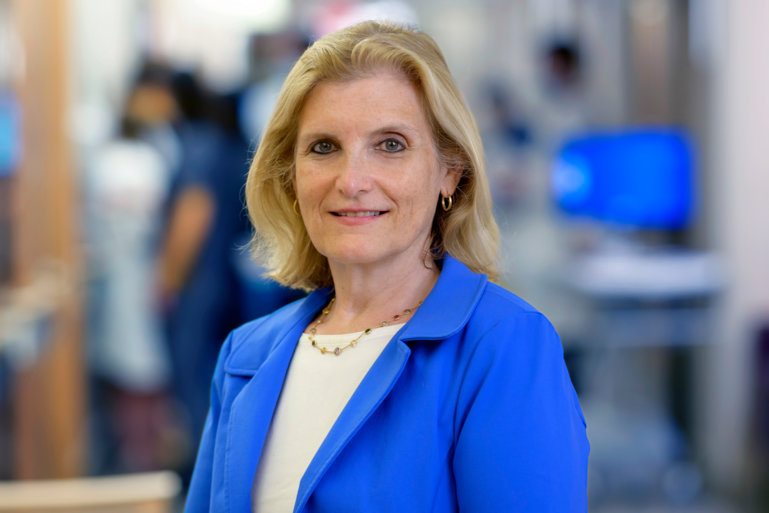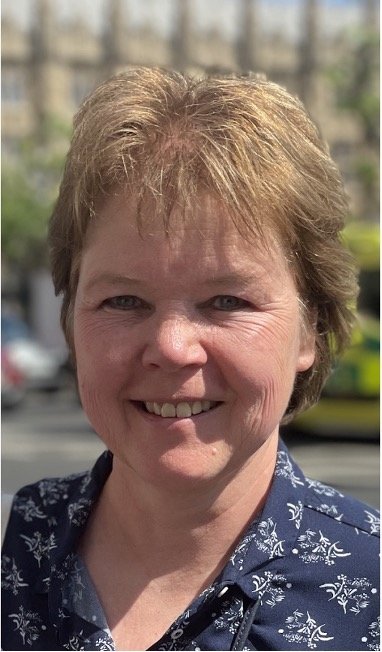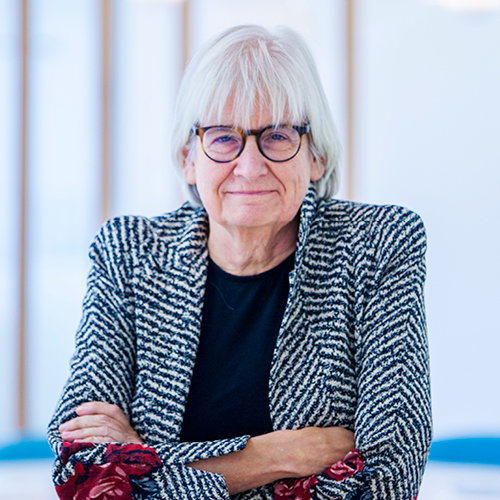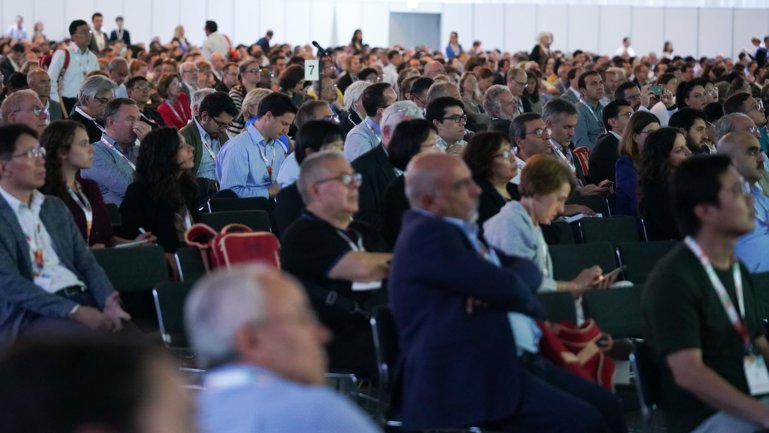Achieving clarity in levels of clinical evidence required by regulatory bodies is still a major obstacle to expediting research in the field, says Prof. Paolo G. Casali from the Fondazione IRCCS Istituto Nazionale dei Tumori, Milan, and the University of Milan, Italy
It is often said that rare cancers are not rare: given that, as a group, they represent more than 20% of all new cancer cases in Europe, this is certainly true. However, it is the relatively small population within each rare cancer subgroup that makes the development and regulatory approval of new treatments so challenging. At the ESMO Sarcoma and GIST Virtual Symposium 2022, Prof. Paolo G. Casali, one of the Honorary Co-Chairs, outlines how the scenario has evolved so far.
What is the current thinking on the level of evidence that is sufficient for drug approval in rare cancers?
The stark reality is that this is a numbers game. The gold-standard of a phase III randomised clinical trial is often not a reality for several individual rare cancers due to the small numbers of patients involved. It is possible to boost trial populations, but this comes with its own challenges. For example, enrolling patients across different countries carries with it the potential problems of variability in the quality of care and research across centres, also dictated by resources. Alternatively, there is the temptation to increase patient numbers by combining some rare cancers, or their subgroups, with each other; however, negative findings in the overall population could mask signals of activity in individual rare cancers or subgroups.
To avoid disadvantaging patients with rare cancers, it is generally acknowledged that there has to be a willingness to accept a higher level of uncertainty in clinical trial data. How this should be achieved is still a matter for debate. One could adopt a larger p-value in statistical testing or allow findings to be based on uncontrolled, rather than controlled, clinical studies. Achieving consensus on the most acceptable approach would be a major step forward. It is important to remember that accepting a higher degree of uncertainty is not the same as accepting a lower magnitude of benefit – the extent of benefit sought for patients with rare cancers should be no different from that for patients with more common cancers.
What improvements in generating sufficient evidence have been made in recent years?
The EU regulation on orphan medicinal products has been instrumental in achieving regulatory approval for rare cancer treatments. However, its benefits apply almost only in the case of approval. Innovative regulatory instruments, like adaptive licensing, could be well fitted to the needs of rare cancers; this dynamic approach would allow patients with a high unmet need accelerated access to medicines that may improve their chances of survival but that do not yet have regulatory approval. The data generated by patient use becomes the basis of a continuous update in temporary approval.
In addition, the European Reference Networks – networks put in place by the EU and endorsed by national governments to facilitate research on rare diseases – provide banks of data which can be utilised across countries. These networks provide the reassurance that research is conducted within the frameworks of EU-approved centres. They also offer the opportunity to compile clinical registries, which can be used, for example, to generate external controls for uncontrolled clinical studies. Funding of clinical registries and the creation of interconnectivity between electronic cancer records at candidate centres and the registry will be essential to their effective running. I believe that prioritisation of investment in such registries would generate tremendous rewards.
The rare cancer community also welcomes the introduction of Joint Clinical Assessments (JCAs) as part of the long-awaited approval of the EU Health Technology Assessment (HTA) Regulation, which came into force in January 2022 and which will see the introduction of JCAs from 2025. According to this, HTA assessment will be partially harmonised across Member States. Countries will still be at liberty to make their own decisions regarding cost–benefit implications of a treatment.
Are we on the way to expediting the drug approval process for rare cancers?
Yes, but we in the rare cancers research community can do even more to improve this by proactively working out innovative methodological solutions that would help regulatory bodies to focus on the large unmet need of rare cancers and the associated difficulties.
For instance, one of the main challenges today is to achieve clarity regarding the level of evidence required by regulatory bodies. Without this clarity, the risk that the level of evidence provided for a new medicine may fall short of that required by these bodies may deter investment in novel treatment development. This issue could be addressed by asking regulators for a kind of scientific advice on the different rare cancer types, especially ultrarare ones, in much the same way that regulators provide scientific advice to companies on new medicines submitted for approval. One of the barriers to this may be a lack of awareness among regulators about the different rare cancers, which may lead to an underappreciation of information essential to establishing the risk–benefit ratio. This could be an opportunity for the rare cancers community, including researchers and patient advocacy groups, to share information and experiences of the disease with regulators with the aim of gaining a common understanding.
Another important consideration concerns the innovative methodologies that are particularly appropriate for research in the small populations of patients with rare cancers. In this regard, in 2022–2023, Rare Cancers Europe will be conducting a consensus development process on methodological recommendations for clinical studies in rare cancers – a follow-up to the 2014 position paper (Ann Oncol. 2015;26:300–306).
Don't miss:
Casali PG. What level of evidence do we need for drug approval in rare cancers? ESMO Sarcoma and GIST Virtual Symposium 2022
Update on clinical research in sarcoma field, 02.02.2022, h. 12:30 – 14:00, Channel 1







